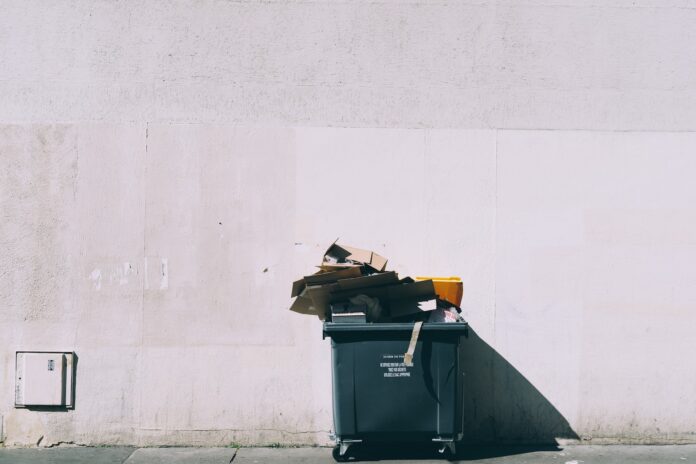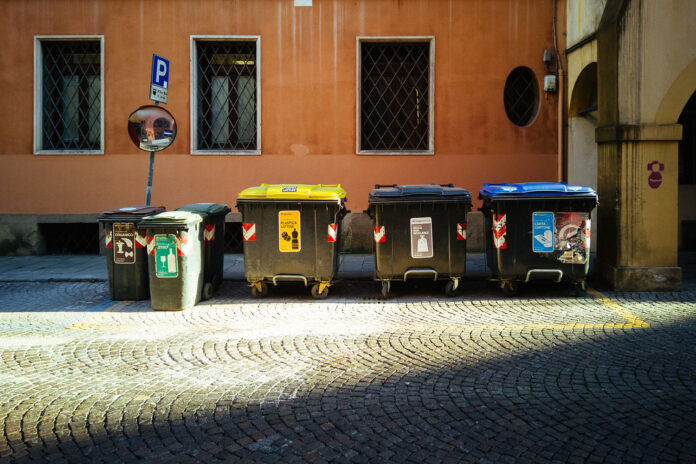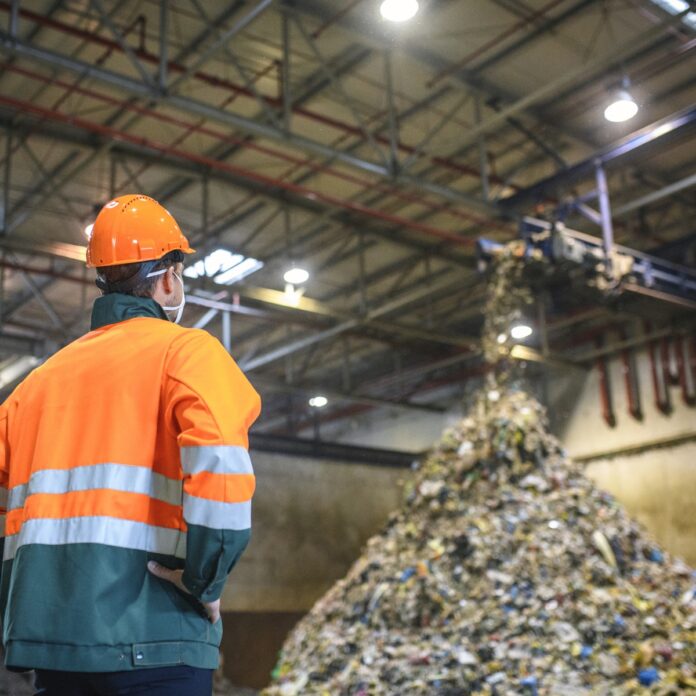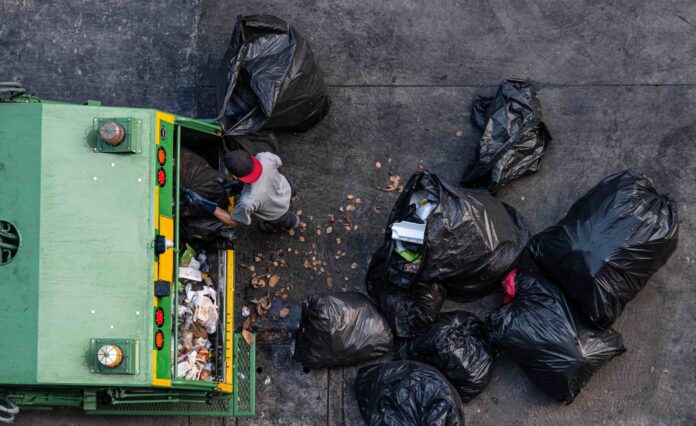Whatever you chose to believe in, waste is an inevitable byproduct of human life. It is and will be continued to be produced by a variety of sources including households, commercial businesses and enterprises, institutions, construction and demolition services, municipal services, industrial processes and even services providing education and schooling.
Whatever we do there is always one byproduct of that and it is waste in one or the other form. There are numerous attempts to downshift waste production but so far, according to certain research, none of those is making any success. Every year we dump massive 2.1 billion metric tons of waste on our planet. Sadly whatever we do this number is rising and according to GFN or Global Footprint Network, in terms of resource extraction and waste absorption we are already 75% beyond what planet Earth can sustain in the long run.
Thanks to continuous population growth and urbanization such as increased industrial, commercial and institutional establishments contribute to hugely increased waste production. Improvements we make in our quality of life each day, take a huge toll on the environment and the saddest part we are all aware of that.
Today we will talk about waste a bit and we will differentiate household and commercial bulky waste, so stick with us and learn something new today.

One thing that shocked us a bit is the fact that developed countries produce more waste than those that are still developing. It has something to do with the fact that countries in development, especially those that struggle with that development tend to turn every piece two times and use it to the maximum possible range. Resources are expensive and scarce and the economy isn’t good so instead of getting rid of every water bottle after drinking the water people in developing countries find ways to reuse them and put them to good.
Developed countries on the other hand have different things on their mind and they don’t worry that much about these “little” things. In developed places, you will see people wasting a lot more from food to other things that can be considered a resource simply because they can afford new, improved things pretty fast. This is leading to more and more waste and more and more pollution everywhere.
Waste management has become increasingly popular because of public health and the general health of the environment. Waste management has become a very important and critical municipal service which necessitates the development of integrated systems that are efficient, long-lasting and socially beneficial.

This leads us to the waste management system and its core function. A waste management system is an approach to waste disposal, reduction, reuse and prevention. Services tied to this have progressed from blue-collar and labour-intensive activities like garbage collection and urban cleaning to industrially complex and capital-intensive services. We are doing anything from recycling, composting, incineration, bioremediation and waste minimization which are just some of the modern waste management options available.
Believe it or not, there is huge money in this to be earned but first, someone needs to invest a lot. This is an area of our life that needs fixing and it needed it yesterday, but we will take slow progress when we can, especially when this is considered. Waste is Omnipresent and if we do not change the way we think, act and do we will be piling all of this rubbish on top of us pretty soon.
But let’s devote some of our writing to the topic of our article, shall we?
When it comes to differentiating household waste and commercial waste it isn’t too difficult to do.
Household waste is considered to be any waste that comes from residential buildings, homes and individuals living there. It can be anything from bottles, bags, food, food scraps, grass, clothes, compost and so on. It is heavily regulated and thanks to the laws of each country you should properly dispose of your household waste. If you are not provided with bins you are obligated to buy ones for general waste and one for recycled waste. You need to sort your waste accordingly and you will need to pay for the waste to be driven to landfills or places where they recycle it and manage otherwise.

When it comes to business or commercial waste you need to know that that is all the waste that is obtained from the operation of the business. That can include anything from demolitions, food packaging, food waste, documentation meaning paper in large quantities (usually) and many other things. Dealing with this type of waste is a bit more complicated than with household waste. The reason behind that is the law which is stating that commercial waste should not bother workers or those that are visiting your business, should be carried away by only licensed waste carriers and they should be under some type of contract with your business, you have to deal with special containers and special vessels that can take that waste and transport it safely so it doesn’t violate any of the laws, pollute the environment and other similar things.
Sometimes the city will take care of these issues while other times businesses need to have a strategy and plan for waste management.
When you look at these two from a distance you do see that there is no big difference either in the form of waste, quantity and disposal management. For residential waste, the city has a landfill, transportation truck and people that will collect, sort and disposer of these.
With commercial businesses, depending on the type of the business, what it does, what type of products or services it provides, the type of waste it produces will vary. The end note is that they have to deal with their waste properly from the place where they store it to the transportation services that will take it where it needs to go. As we already mentioned, sometimes a state or a city can take some of the commercial waste burdens on their shoulders but this is more often the case of attracting new capital and businesses rather than trying to aid in saving the planet.








